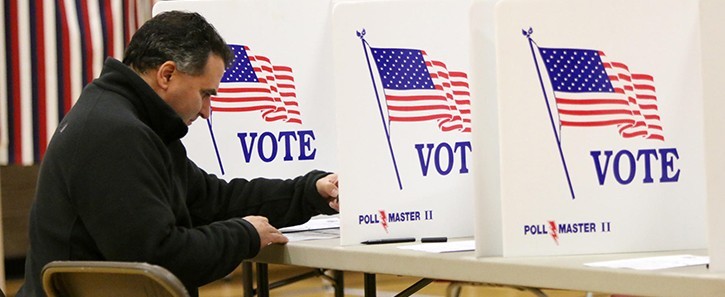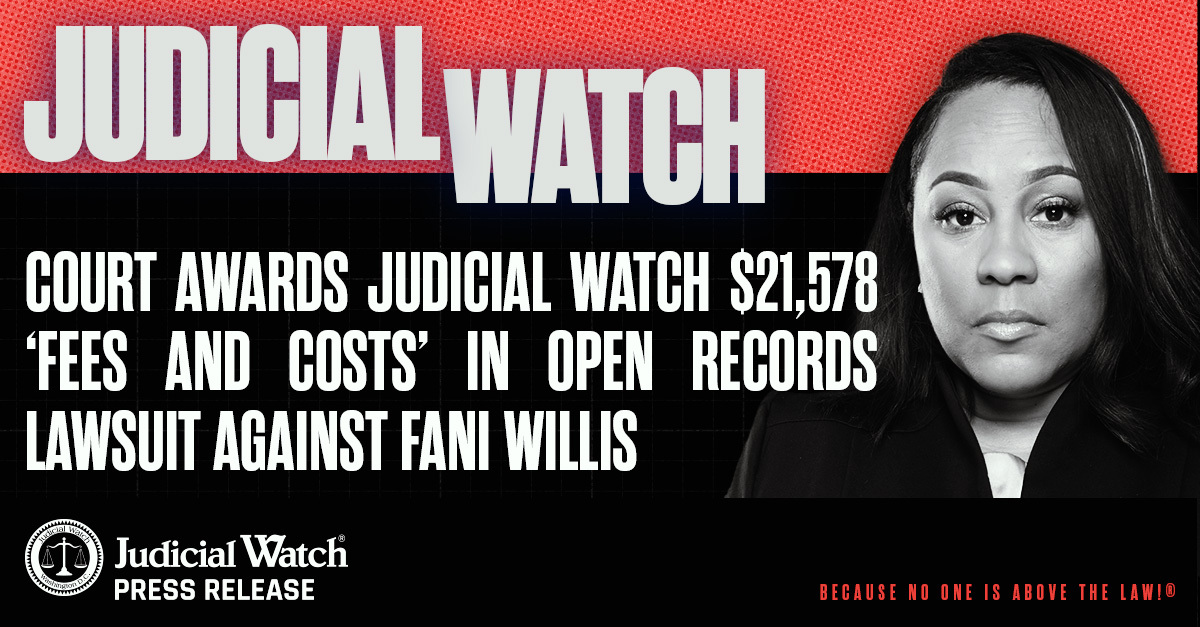

Obama Judge Orders Fla. to Provide Spanish Ballots for Puerto Ricans by 2020 Election


To accommodate an influx of Puerto Ricans, an Obama-appointed federal judge has ruled that nearly half of Florida’s 67 counties must provide ballots, voting materials, advertisement and marketing in Spanish by the 2020 presidential primary election. The Tallahassee-based judge, Mark Walker, also ordered the 32 counties to provide a toll-free Spanish-language hotline, a Spanish-English election term glossary, “readily accessible” Spanish websites and Spanish-speaking helpers at polling places. The supervisor of elections “shall recruit, hire, train, and assign bilingual poll workers who are able to understand speak, write, and read English and Spanish fluently and can provide effective translation assistance to Spanish-speaking voters at the polls on election days,” Walker writes in the ruling issued this month. The judge also says “signage shall be prominently posted and explain in English and Spanish how voters can obtain Spanish-language assistance.”
The case was initiated against Florida’s Secretary of State by a group of leftist nonprofits on behalf of Puerto Ricans who don’t speak English. In their complaint they assert that Puerto Ricans, American citizens at birth, are unable to meaningfully exercise their right to vote unless Spanish-language materials and assistance are provided. Under Section 4 of the 1965 Voting Rights Act (VRA), Florida must provide Spanish-language ballots, registration and other election materials and assistance so the Puerto Ricans can effectively exercise their right to vote, the lawsuit states. Walker agreed, ruling that “the Voting Rights Act of 1965’s Section 4(e) prohibits English-only elections for those citizens—yes, citizens—educated in Puerto Rico in Spanish.”
The counties that will be impacted include: Alachua, Bay, Brevard, Charlotte, Citrus, Clay, Columbia, Duval, Escambia, Flagler, Hernando, Highlands, Indian River, Jackson, Lake, Leon, Levy, Manatee, Marion, Martin, Monroe, Okaloosa, Okeechobee, Pasco, Putnam, St. Johns, St. Lucie, Santa Rosa, Sarasota, Sumter, Taylor, and Wakulla. Moving forward in these counties “the supervisor of elections shall provide in Spanish all notifications, announcements, and informational materials about all stages of the electoral process, including materials concerning the opportunity to register, voter registration deadlines, the times, places, and subject matters of the elections, the absentee and early voting processes, offices up for election, candidates who have qualified, and local issues or referenda and announcements applicable to elections in the counties.”
In his order Walker admits that there is no evidence that a citizen was unable to cast a ballot under Section 4 of the VRA in any of the counties named in the lawsuit. Nevertheless, the judge writes that anyone from Puerto Rico whose “predominant classroom language was other than English” must not “be denied the right to vote in any Federal, State, or local election because of his inability to read, write, understand, or interpret any matter in the English language.” A lawyer for one of the groups representing the Puerto Ricans said the court “recognized that Spanish-speaking voters are not second-class citizens.” Another lead attorney celebrated the order for securing the fundamental right to vote for fellow Puerto Ricans.
It’s noteworthy to mention that Walker is the same federal judge that ordered Florida to restore voting rights for felons. A federal appellate court overturned his decision, ruling that the governor has broad discretion to grant and deny clemency.















